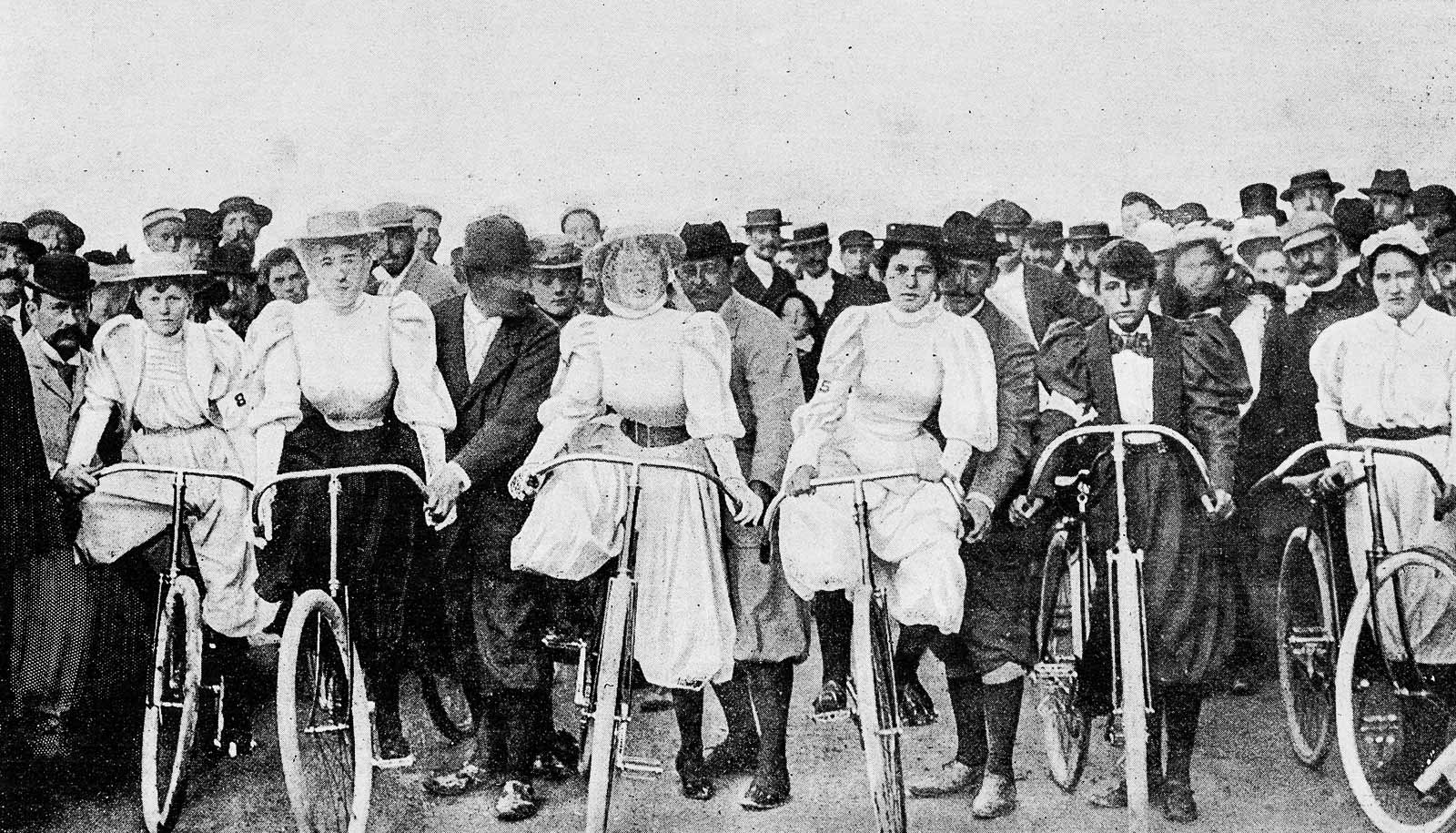Driverless cars working together can speed up traffic by 35 percent
A fleet of driverless cars working together to keep traffic moving smoothly can improve overall traffic flow by at least 35 percent, researchers have shown.
Cambridge University News
• cambridge
May 20, 2019 • ~5 min
May 20, 2019 • ~5 min
/
31









